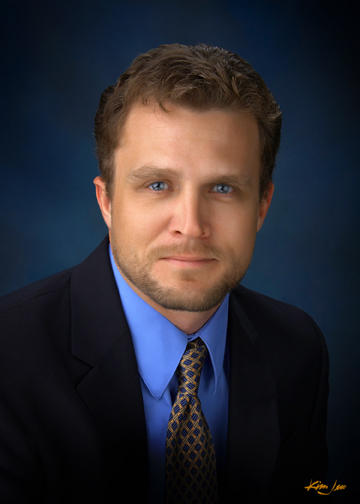
Madison Young as a pony girl on the set of Rough Sex 2
Last month, I gave a talk as part of an evening called The Truth Behind Fifty Shades of Grey at University of Maryland in College Park. There was a lively audience discussion, and we gave students the opportunity to ask questions anonymously. I asked several of my colleagues to chime in and answer a few of those questions.
Can it be hard to enjoy “vanilla” sex once you’ve escalated [to BDSM]? I’ve heard porn indulgence can desensitize people until they keep needing to escalate–is this the case with BDSM?
I asked my friend and colleague Felice Shays, a sex and BDSM educator, to take this one on. Listen to my fantastic interview with her on Sex Out Loud here. Felice says:
So, you are afraid to try things other than missionary positions, kissing, and other sexy acts because pot always leads to crack? And spanking always leads to bestiality? No, friend, don’t worry about escalation, as you call it. When you try out different things you’re figuring out what you like. Keep experimenting—add to what you and your partner enjoy; keep what works and don’t keep what doesn’t feel so good. But don’t be afraid to try something again down the road—what may feel eh today might feel off the charts next week. Watching lots of porn isn’t a bad thing unless it interferes in the healthy functioning of someone’s life (see Hernando Chaves’ discussion of sex addiction). People don’t get desensitized when watching lots of porn, hopefully they keep getting turned on. Their interests might shift over time, so what may have been a fantasy last month, may not be as hot this month. And yet other people love to watch the same kind of images throughout their lives. The good news is that sex is not like a runaway car, careening down a side of a mountain into the tiny town about to destroy the innocent townsfolk who live there. No. Instead, you get to make decisions about what you want, and when you want it. That includes if you want to gently kiss someone on their neck or press your teeth in a firm way against that flesh. Or if you want to be on top or you want to give or get it from behind. The other good news, is that no one gets to hold the truth to what vanilla or kink actually is. I can hear you say, “You know what I mean. Like spanking and dirty talk and like that.” And I say, what is someone’s “vanilla” may be someone else’s ‘you’ve gone a bit too far, pal’. And vice versa. My friend says she and her husband are vanilla, yet he holds the back of her head as she’s sucking him off. He’s not forcing her or choking her, just getting off on how pretty she is, how good he feels, his hand in her hair, his cock in her mouth. And she loves it too; feeling just the right amount of pressure on the back of her head that makes her feel high and hot.
That’s playing with power right there. And they consider themselves vanilla—not kinky.
So I can’t tell you what vanilla is. And frankly, I don’t really give’s a rat’s ass. I want you happy and turned on, not bored.
It’s about what turns you on and what your desires are.
Desire, like other tastes, change and morph as we gain experience in the world. And just because you love pizza, doesn’t mean you want to eat it every night.
Worry less and EXPLORE and EXPERIMENT more.
So when you add new ways of being sexy and sexual to getting it on, you might want to keep those new ways—plus any of the other ways you used to—whatever make you happy. And you probably won’t want to make love or fuck exactly the same way every time either. Mood, partner, time of day, if you’re high or drunk, all these things will affect what you want.
So if you try slapping someone’s face and realize you both really like it, the doors to vanilla are still yours to walk through. Cuddling, sex without an edge or ferocity, are still yours whenever you want it.
Keep open and curious—and don’t let fear run your sex, or your life, for that matter.
You are allowed to experiment explore and discover what you like.
ADD to your sexual vocabulary, don’t limit it.
Just think of the stories you will tell with all that new language.
It’s worth repeating: Worry less and EXPLORE more.
—Felice Shays, Sex and BDSM Educator. Follow Felice on Twitter @FeliceShays



